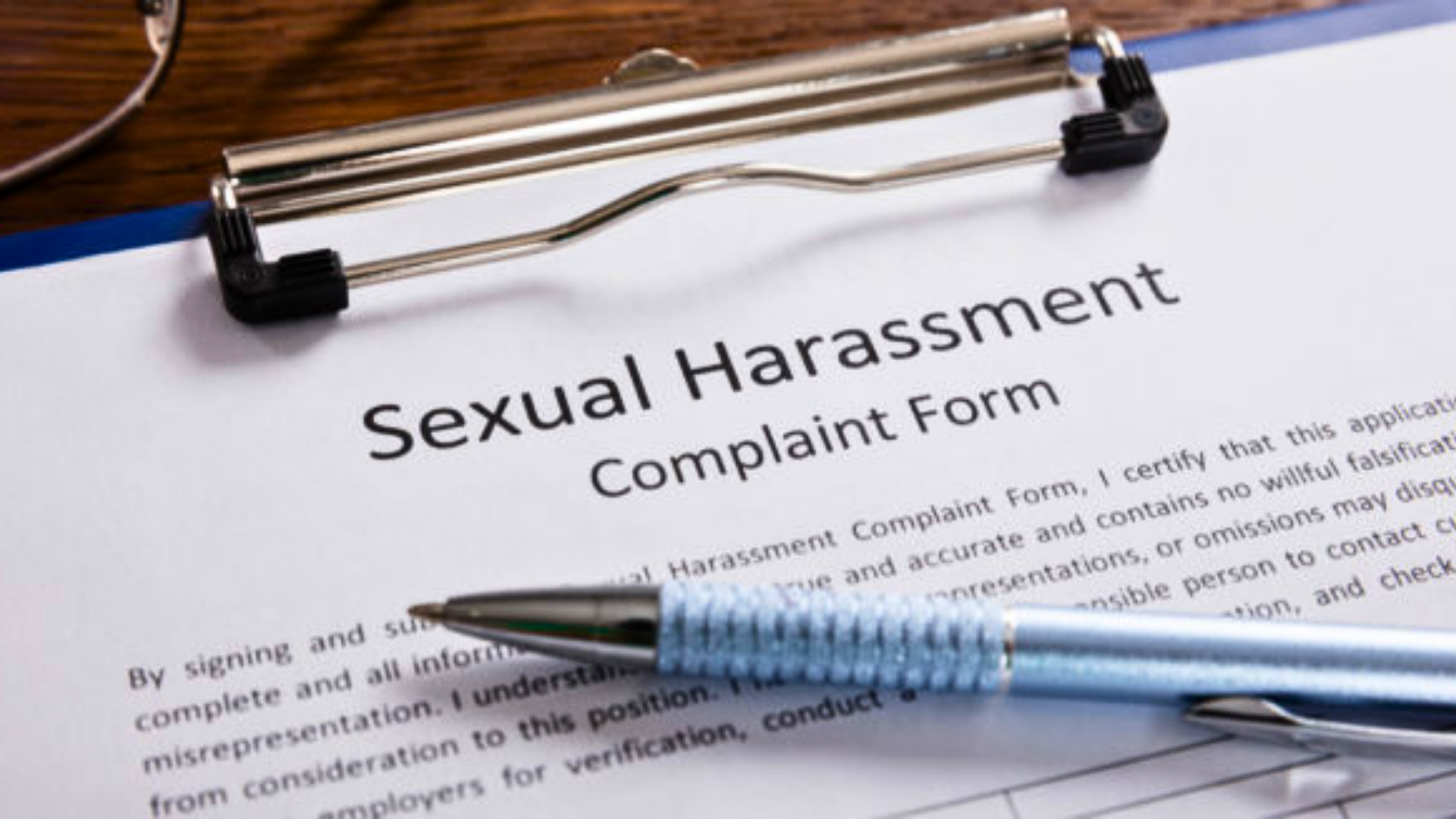Gender Neutral Laws: The Need of the Hour
The Sexual Harassment of Women at Workplace (Prevention, Prohibition, and Redressal) Act, also known as the PoSH Act, is a significant piece of legislation designed to safeguard women from sexual harassment in the workplace. However, the issue of gender-neutral laws, particularly in the context of workplace sexual harassment, has been a topic of extensive debate in recent times in India. The inherent bias of the PoSH Act towards women has sparked concerns among other genders who lack legal recourse under the current law. This blog aims to present the case for the necessity of a gender-neutral PoSH Legislation in India and how it could foster inclusivity in workplaces.
Deconstruction of the PoSH Act in Consonance with Gender
The PoSH Act, established in 2013, defines sexual harassment as unwelcome sexually determined behavior, including physical contact, advances, demand or requests for sexual favors, sexually colored remarks, displaying pornography, and any other unwelcome sexual conduct, whether verbal or non-verbal. The Act mandates that all employers must have a Sexual Harassment policy in place and establish an Internal Committee to handle complaints. Unfortunately, the Act exclusively provides remedies for an "Aggrieved Woman" who has experienced sexual harassment. By restricting the scope solely to women, the Act fails to address complaints raised by men or individuals of other genders.
While this gender-specific approach may have been necessary when the Act was originally conceived to protect historically disadvantaged women in the workforce, the contemporary understanding of gender is more nuanced. Such a biased law perpetuates the stereotype of a male harasser and a female victim, undermining the principle of workplace equality.
Sandra Day O'Connor, former Associate Justice of the Supreme Court of the United States, stated, "Society as a whole benefits immeasurably from a climate in which all persons, regardless of race or gender, may have the opportunity to earn respect, responsibility, advancement, and remuneration based on ability." Regrettably, the current PoSH Law falls short of creating such an environment for men and other genders.
Critics argue that the PoSH law has amplified societal prejudices against males, leading to the unjust humiliation of innocent men in the face of false allegations. However, it's important to note that the vast majority of sexual harassment cases are genuine, making false accusations rare. This argument distracts from the need to establish a fair legal system that safeguards all employees, irrespective of gender, from workplace sexual harassment.
Current Data on Gender Ratios in the Corporate Sector
Men and individuals of other genders who are victims of workplace sexual harassment in India face the absence of effective legal recourse and a lack of sympathy and recognition of their experiences by law enforcement agencies and colleagues. The prevailing "male-on-female paradigm" in workplace harassment law can be attributed to historically skewed gender ratios in the country's workforce. However, recent data from the Women in Business 2023 - Report reveals that women's representation in senior management in India has reached 36%, surpassing the global average of 32%. This underscores a changing reality that challenges conventional notions of women's roles in the workplace. According to the India Skills Report, women now constitute 36% of the Indian workforce, marking the highest participation in the past five years and indicating a positive structural shift for the future.
Given that workplace sexual harassment is often rooted in power dynamics rather than sexual desires, it is reasonable to assume that individuals of any gender can engage in such behavior. The persistent power imbalances between genders can be attributed to the lack of gender neutrality in the law. Despite significant strides in gender equality discussions in the country, the legislation has failed to acknowledge the presence of diverse genders in the workplace.
Official statistical data on the number of men and individuals of other genders who experience workplace sexual harassment is currently lacking due to the law's exclusive recognition of women as victims. However, a 2010 study involving equal numbers of men and women across seven Indian cities revealed that 19% reported experiencing sexual harassment in their workplace. A 2013 survey found that 43% of male business executives in India had been sexually harassed by their coworkers.
In the case of Criminal Justice Society of India v. Union of India & Ors, the Supreme Court of India acknowledged the plea of the petitioner, asserting that men, transgender individuals, homosexuals, and bisexual people find themselves "sequestered from the point of view of victims of rape under the existing penal laws of the country, despite an impending need for the same."
Advantages of a Gender-Neutral PoSH Law
In addition to the legal and societal arguments in favor of a gender-neutral PoSH law, there are practical benefits to consider:
- A gender-neutral law would ensure that all victims of workplace sexual harassment have access to the same protections and resources, regardless of their gender.
- Such a law would foster a more inclusive and equitable workplace environment where all employees feel valued and respected.
- A gender-neutral PoSH law could address some of the root causes of workplace sexual harassment, including power imbalances and gender stereotypes, while promoting dignity and respect.
Efforts in Creating a Gender-Neutral Workplace
Many companies are recognizing that workplace harassment is not confined to women. Despite the lack of legal recourse for men and individuals of other genders, corporate culture is evolving, with more companies adopting gender-inclusive PoSH policies. In addition to establishing an Internal Committee (IC) for women to report complaints, companies are increasingly forming Disciplinary Committees to investigate sexual harassment and other complaints from all genders. A workplace that embraces gender inclusivity attracts a broader pool of talented individuals with diverse skill sets while fostering a sense of belonging.
Parting Thoughts
Compelling arguments support the need for a gender-neutral PoSH law in India. While the current law has undoubtedly safeguarded women from workplace sexual harassment, it is time to acknowledge that all employees, regardless of their gender, are vulnerable to such abuse. The ultimate goal should be to create a workplace where everyone is treated with dignity and respect, and where sexual harassment is not tolerated in any form. A gender-neutral PoSH law would be a significant step in that direction, creating a more inclusive and equitable workplace where all employees feel safe, valued, and respected while addressing the underlying causes of workplace sexual harassment.
Disclaimer : No information contained in this website may be reproduced, transmitted, or copied (other than for the purposes of fair dealing, as defined in the Copyright Act, 1957) without the express written permission of Rainmaker Online Training Solutions Pvt. Ltd.











